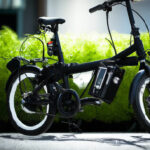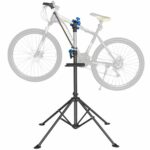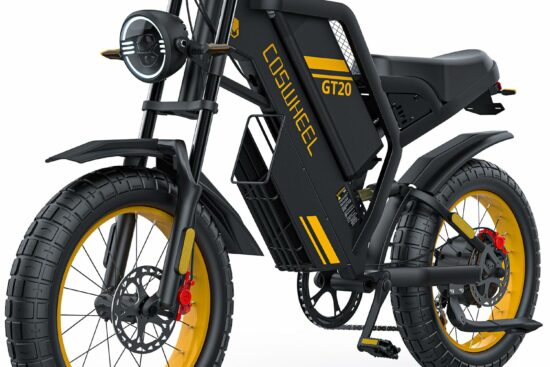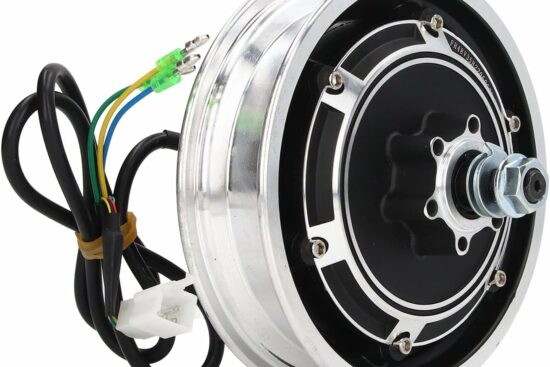
In the world of electric bikes, determining the right battery capacity is a crucial decision that can greatly impact your overall riding experience. As we all know, a bike is only as good as the power source that fuels it. So, how do you determine the right battery capacity for your electric bike? This article will provide you with valuable insights and practical tips to help you make an informed decision, ensuring that your electric bike is equipped with the optimal battery capacity for your needs.
Factors to Consider
Type of Electric Bike
When determining the right battery capacity for your electric bike, it is crucial to consider the type of electric bike you own or plan to purchase. Different types of electric bikes have different power requirements and battery capacity needs. For example, a mountain bike may require a higher battery capacity because it needs to handle rough terrains and steep climbs, while a city commuter bike may require a lower battery capacity as it is designed for shorter trips on relatively flat terrain.
Purpose of Use
Your intended purpose of use is another important factor to consider when choosing the right battery capacity. If you plan to use your electric bike for daily commuting or short distances, a battery with a lower capacity may be sufficient. However, if you intend to embark on long-distance rides or outdoor adventures, a battery with a higher capacity will provide you with the necessary power and range to support your activities.
Terrain
The terrain you will be riding on plays a significant role in determining the battery capacity you should opt for. If you frequently ride on hilly or uneven terrains, it will put more strain on your electric bike’s motor and require more energy from your battery. In such cases, a higher battery capacity is advisable to ensure you have enough power to conquer challenging terrains without draining your battery too quickly.
Rider Weight and Riding Style
Your weight and riding style can influence the battery capacity you need. Heavier riders and those who tend to ride at higher speeds or use more motor assistance may require a larger battery capacity to maintain adequate power and range. It is important to consider your own weight and the way you ride when choosing the right battery for your electric bike.
Weather Conditions
Weather conditions can also impact the battery capacity requirements of your electric bike. In colder temperatures, the performance of lithium-ion batteries, commonly used in electric bikes, may decrease. Therefore, if you plan to ride in cold weather or during winter months, it is advisable to opt for a battery with a slightly higher capacity to compensate for the reduced performance caused by lower temperatures.
Distance and Duration of Rides
The distance and duration of your rides are important factors in determining the battery capacity you need. If you regularly embark on long rides or require extended battery life, a higher capacity battery will provide you with the necessary power and range. On the other hand, if you primarily use your electric bike for short trips or have access to charging stations along your routes, a lower capacity battery may be sufficient.
Motor Power
The motor power of your electric bike is closely related to the battery capacity required. A higher power motor will generally require a larger capacity battery to ensure optimal performance and range. It is important to check the manufacturer’s recommendations or consult with an expert to determine the appropriate battery capacity for your specific motor power.
Budget
Budget is a practical consideration that could impact your decision when choosing the right battery capacity for your electric bike. Generally, batteries with larger capacities tend to be more expensive. However, it is important to strike a balance between cost and performance. While a higher capacity battery may come with a higher price tag, it can provide you with extended range and durability, making it a worthwhile investment in the long run.
Availability of Charging Stations
The availability of charging stations in your area or along your usual routes should also be taken into account when selecting the right battery capacity for your electric bike. If charging stations are scarce, opting for a higher capacity battery ensures that you have sufficient power to complete your rides without having to rely on external charging sources.
Battery Quality
Lastly, the quality of the battery itself should not be overlooked. Look for reputable brands and models known for their durability and reliability. While high-quality batteries may come at a slightly higher price, they generally offer better performance, longer lifespan, and additional safety features. Investing in a good quality battery ensures that you have a dependable power source for your electric bike.

Understanding Battery Capacity
What is Battery Capacity?
Battery capacity refers to the amount of energy a battery can store and deliver to power your electric bike. It is typically measured in amp-hours (Ah) or watt-hours (Wh). Battery capacity determines the range and duration of your rides, as well as the overall performance of your electric bike.
Measuring Battery Capacity
Battery capacity is measured by the total amount of charge it can hold. This charge is usually quantified in terms of amp-hours (Ah) or watt-hours (Wh), depending on the battery type. Both amp-hours and watt-hours represent the total energy stored in the battery and are used to compare the capacities of different batteries.
Battery Capacity Ratings
Battery capacity ratings are stated by manufacturers and indicate the amount of energy a battery can theoretically store. These ratings can vary based on different factors, such as the battery chemistry, cell configuration, and design. It is important to consider the battery capacity ratings when comparing different batteries to ensure they meet your specific requirements.
Understanding Amp-Hours (Ah)
Amp-hours (Ah) is a unit of measurement commonly used to describe the capacity of a battery. It represents the amount of current a battery can supply for a specified number of hours. For example, a battery with a capacity of 10 Ah can deliver a current of 1 amp for 10 hours or 2 amps for 5 hours. Higher Ah ratings indicate larger capacities and, in turn, longer riding times.
Understanding Watt-Hours (Wh)
Watt-hours (Wh) is another unit of measurement commonly used to describe battery capacity. It represents the amount of energy a battery can deliver per hour. To calculate watt-hours, multiply the voltage of the battery by its amp-hour capacity. Watt-hours provide a more accurate measure of battery capacity as they take into account both voltage and amp-hour ratings.
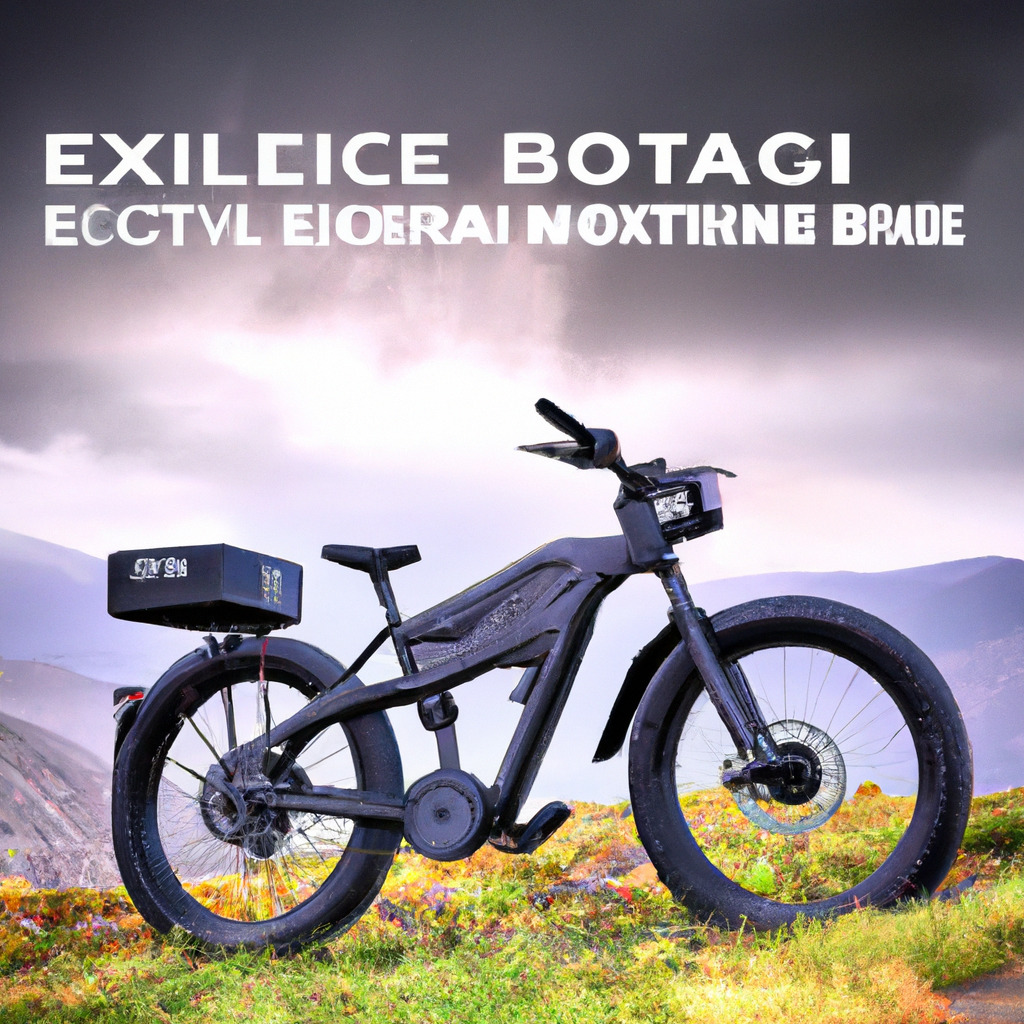
Calculating Battery Capacity
Determining Energy Needs
To calculate the battery capacity you need, it is important to estimate your energy needs. Consider factors such as the distance and duration of your rides, the level of motor assistance you expect to use, and any additional power requirements such as lights or accessories. By having a rough estimate of your energy needs, you can choose a battery capacity that meets your requirements.
Calculating Energy Consumption
Calculating the energy consumption of your electric bike involves estimating the power consumption of your motor and other components. This can be done by referring to the motor specification provided by the manufacturer or by using a power meter or cycling computer. By knowing the power consumption, you can determine the energy consumption per hour and estimate the battery capacity required for your rides.
Battery Efficiency
It is important to take battery efficiency into account when calculating the required capacity. Battery efficiency refers to the amount of energy that can be delivered from the battery compared to the total energy stored. Factors such as temperature, discharge rate, and battery age can affect efficiency. By considering battery efficiency, you can ensure that the calculated battery capacity meets your actual power requirements.
Determining Required Capacity
Once you have estimated your energy needs, calculated the energy consumption, and factored in battery efficiency, you can determine the required battery capacity for your electric bike. Compare the calculated capacity with the available battery options in the market and choose the closest match. It is always advisable to choose a slightly higher capacity to allow for unexpected variables and to ensure you have enough power for your rides.
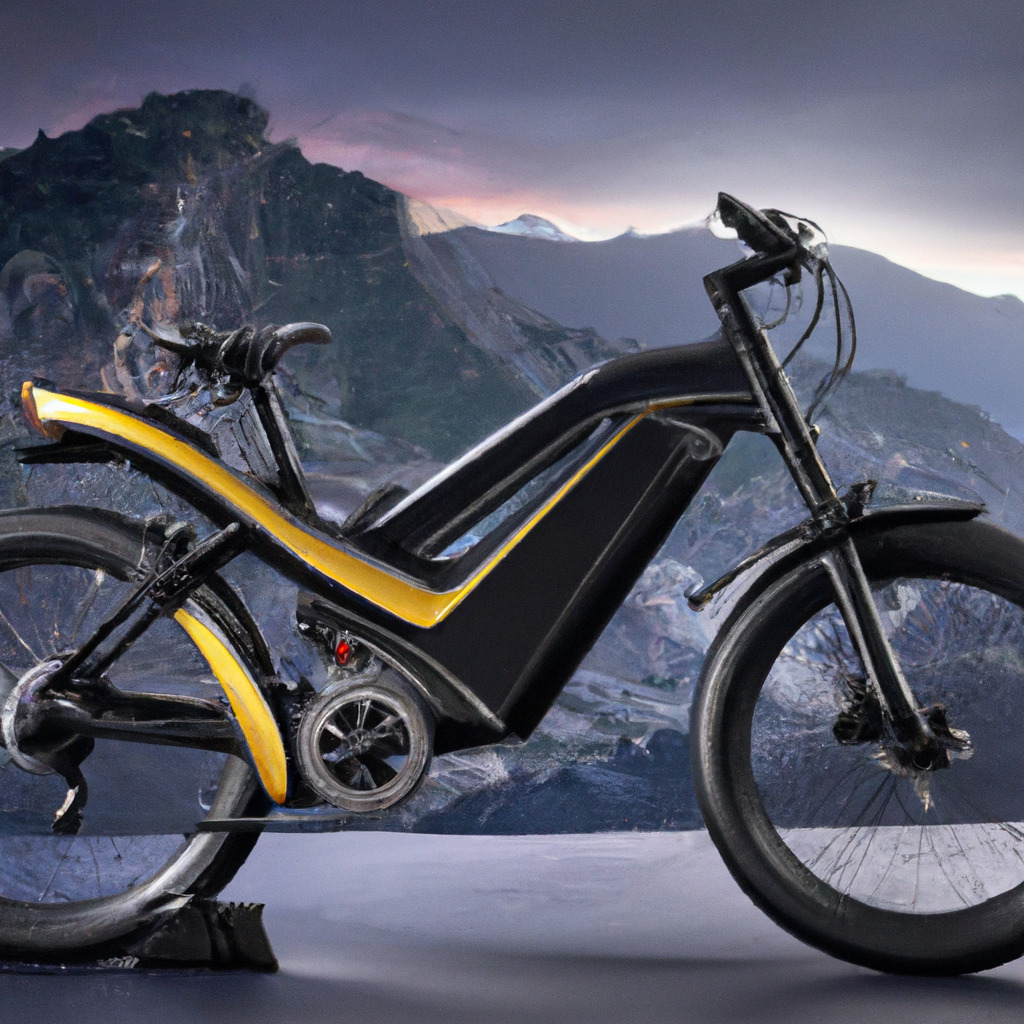
Choosing the Right Battery Capacity
Conversion Efficiency
Conversion efficiency is an important consideration when choosing the right battery capacity for your electric bike. The efficiency of the battery affects how much energy is lost during the charging and discharging process. Higher efficiency batteries will deliver more power to your electric bike and provide longer riding times. Look for batteries with higher conversion efficiency to optimize the performance of your electric bike.
Battery Life Cycle
battery life cycle refers to the number of charge-discharge cycles a battery can undergo before its capacity significantly decreases. Higher quality batteries tend to have a longer life cycle, making them a more reliable choice. Consider the expected lifespan of the battery when choosing the right capacity. Investing in a battery with a longer life cycle can save you money in the long run as you won’t need to replace it as frequently.
Battery Weight and Size
The weight and size of the battery are factors to consider when choosing the right capacity. Larger capacity batteries generally weigh more and may affect the overall weight distribution and handling of your electric bike. Consider the weight and size of the battery in relation to your riding preferences and the design of your electric bike. Opt for a battery capacity that balances performance and convenience without compromising the overall balance and maneuverability of your electric bike.
Cost Considerations
Cost is an important factor for many when selecting the right battery capacity for their electric bike. Higher capacity batteries often come with a higher price tag. While it may be tempting to choose the largest capacity available, it is important to consider your budget. Evaluate your energy needs and consider the trade-offs between cost and performance. Opt for a battery capacity that provides you with an optimal balance between performance and cost.
Availability
Availability of batteries and compatible chargers in your area is another factor to consider. Ensure that the battery capacity you choose is readily available for purchase and that you have access to compatible charging infrastructure. Research and identify trusted suppliers and service centers in your region to ensure you can conveniently maintain and replace your battery as needed.
In conclusion, determining the right battery capacity for your electric bike requires careful consideration of various factors. Take into account the type of electric bike, purpose of use, terrain, rider weight and riding style, weather conditions, distance and duration of rides, motor power, budget, availability of charging stations, and battery quality. Additionally, understand battery capacity, measure it using amp-hours or watt-hours, and calculate your energy needs, consumption, efficiency, and required capacity. Finally, choose the right battery capacity based on conversion efficiency, battery life cycle, weight and size, cost considerations, and availability. By carefully considering these factors, you can make an informed decision and ensure your electric bike has the optimal battery capacity for your needs.



